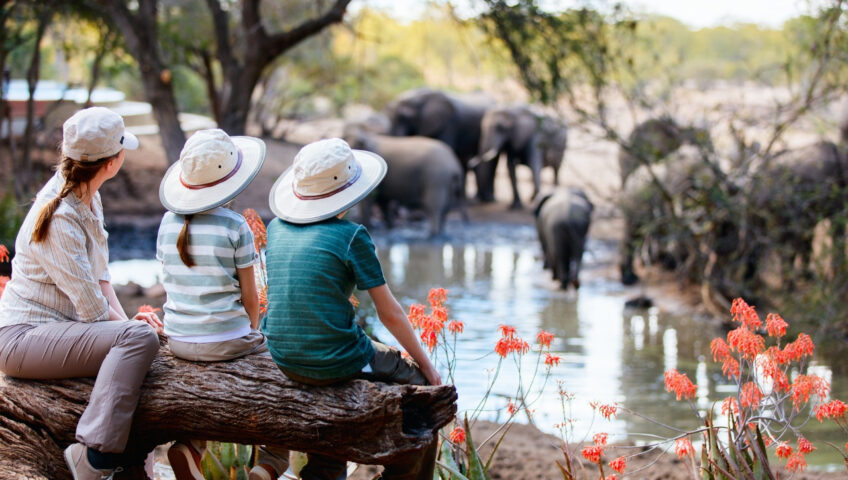A family safari in Africa is one of the most enriching vacations you can plan—an opportunity for both children and adults to connect with nature, experience new cultures, and create lifelong memories together. However, organizing a family safari requires thoughtful planning to ensure it’s not only exciting but also safe, age-appropriate, and stress-free. Understanding a few key factors can help turn your dream family safari into an unforgettable and smooth adventure.
Choosing the right destination is the first crucial step. Countries like Kenya, Tanzania, Uganda, and South Africa are popular for family safaris because they offer well-established parks, reliable safety standards, and family-friendly lodges. It’s also important to consider travel logistics—selecting parks that are accessible by road or have short flights reduces fatigue, especially for younger kids. Parks like Lake Mburo in Uganda, Tarangire in Tanzania, or Addo Elephant Park in South Africa are excellent choices because they offer abundant wildlife with shorter game drives and a manageable travel pace.
Timing is also key. The dry season—generally from June to October in East Africa—is the best time for wildlife viewing, as animals gather around water sources and the bush is less dense. This makes spotting wildlife easier and safaris more rewarding for children with shorter attention spans. School holiday periods often coincide with this season, making it an ideal time for family travel.
When it comes to accommodation, many lodges and tented camps cater specifically to families. These properties offer family suites, connecting tents, and sometimes even private guides for personalized experiences. Some also have swimming pools, educational kids’ programs, and flexible meal options. Staying at such places adds comfort and convenience to the trip while ensuring kids are engaged and safe.
Not all safari activities are suited for all ages, so selecting child-appropriate activities is essential. For example, while game drives are the centerpiece of most safaris, it’s a good idea to keep them short—around 2–3 hours at a time for younger children. Breaks for snacks and bathroom stops are also important. In some destinations, walking safaris, boat cruises, cultural village visits, and nature scavenger hunts can add variety to the day and make the experience more interactive for kids.
Health and safety are major considerations when traveling with children. Before your trip, consult a travel doctor about vaccinations and malaria prophylaxis, as many safari areas are in malaria zones. Carry a basic first-aid kit, child-safe insect repellent, sunscreen, and any personal medications. Ensure everyone stays hydrated, and always follow your guide’s safety instructions, especially when near wild animals.
Packing the right gear will also make a big difference. Lightweight clothing in neutral colors, wide-brimmed hats, sunglasses, and sturdy shoes are essential. Binoculars, a wildlife journal, or a camera can help keep children engaged. Also, bring some entertainment—like coloring books, travel games, or audio stories—for downtime between activities.
Another consideration is minimum age restrictions. Some parks and lodges have age limits for certain activities like gorilla trekking or walking safaris. Always check these in advance to avoid disappointment. However, many properties do welcome children and go out of their way to make them feel included in the experience.
Working with a tour operator that has experience in family travel, can take the stress out of planning. From crafting a flexible itinerary to selecting child-friendly lodges and organizing safe transportation, they can tailor the trip to your family’s needs and ensure a smooth experience from arrival to departure.
Ultimately, a well-planned family safari is a powerful way to bond, spark curiosity about the natural world, and expose children to cultures and environments far beyond their daily lives. With the right preparation, it becomes more than just a vacation—it becomes a shared adventure full of stories, sights, and moments that your family will cherish for years to come.

